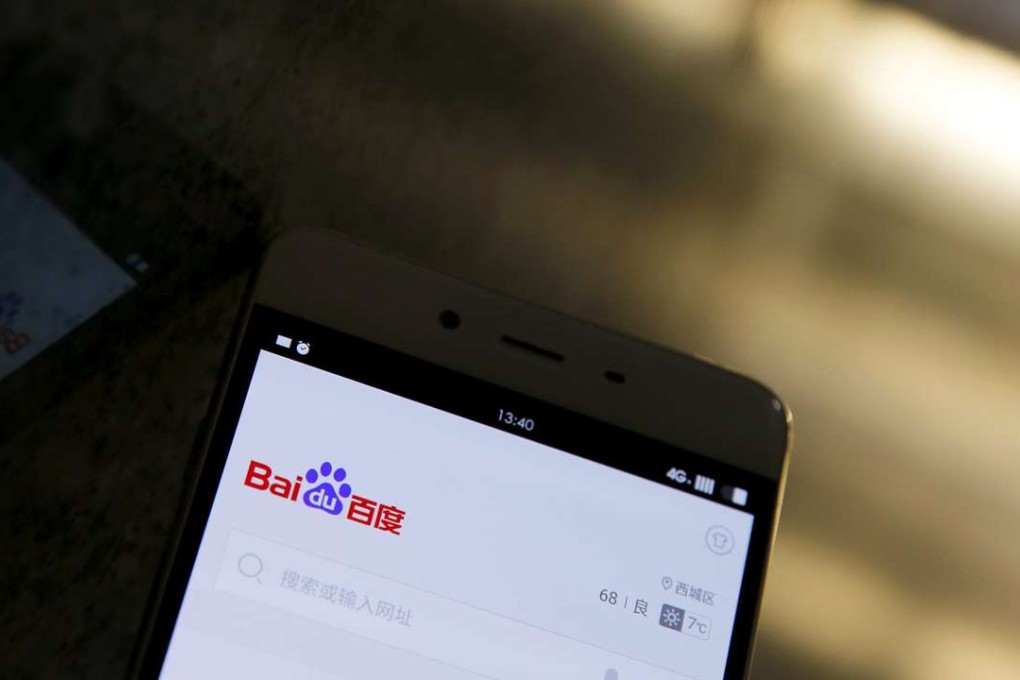Update | Baidu ordered to change how it operates by China’s internet watchdog after death of student
Company to stop ranking results largely by the fees it charges, while hospital told to clean up outsourcing arrangements

China’s internet regulator has ordered the country’s biggest search engine to change how it handles medical advertisements and stop ranking results largely by the fees it charges, as the government wrapped up an investigation prompted by the death of a student with cancer.
Baidu said it would make the necessary changes and establish a billion-yuan fund to compensate consumers who suffered from misleading adverts hosted on its site.
The paramilitary force’s hospital in Beijing, where the student received treatment, was found to have violated regulations on outsourcing some specialist departments, and to have made false claims in medical advertisements.
Two senior executives at the hospital have been sacked and six other staff punished, according to China Military Online, a website controlled by the military newspaper the PLA Daily. Two civilians at the hospital suspected of committing crimes have been handed over to police, according to the article.
The hospital has suspended services to clean up its internal management since May 4, the report said.
China’s probe into Baidu highlights concerns over firm’s dominance of internet searches
The inquiry came after a public outcry over the death of Wei Zexi, 21, who sought cancer treatment at the No 2 Beijing Armed Police Hospital, which topped his Baidu search. Wei and his family paid 200,000 yuan (HK$240,000) for the treatment but it did not save him. Doctors say the immunotherapy treatment he received is still in the experimental stage.